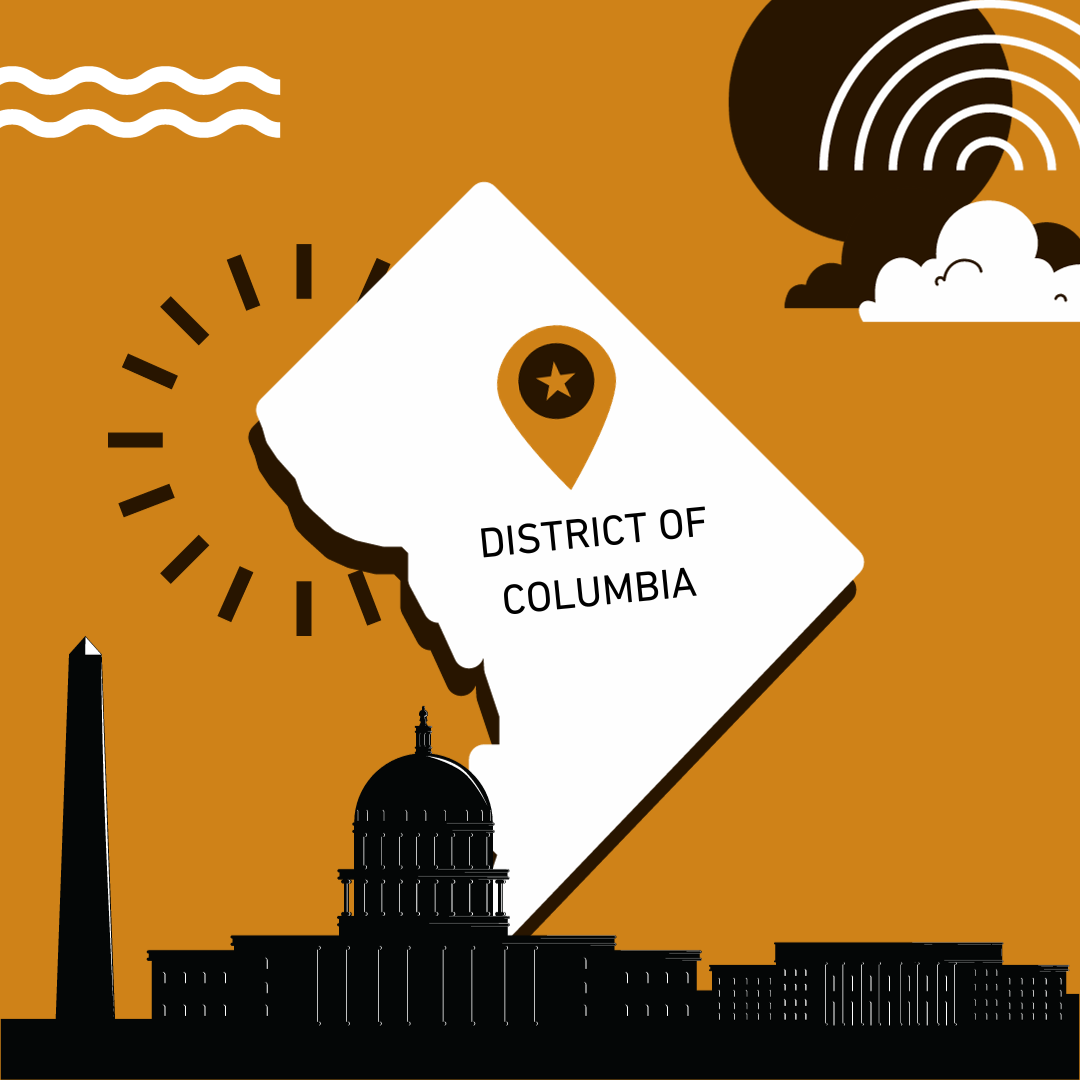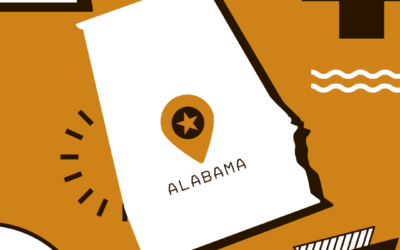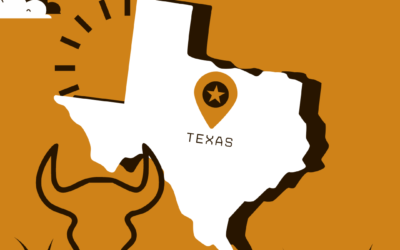Do you need to collect and remit sales tax in the District of Columbia?
Sales tax in the District of Columbia applies to all tangible personal property and selected services sold or rented at retail, whether to businesses or individuals. However, certain contexts call for exemptions from sales tax collection and remittance. Let’s delve into some particular cases for a better understanding.
Remote Retailers
Retailers operating outside of Washington D.C., without a physical location in the District, generally aren’t required to observed D.C. sales tax obligations. However, this changes when their business activity within D.C. exceeds specific “nexus thresholds”. We will provide more details on this topic in the following section.
Sales of Food and Health Products/Supplements
The District of Columbia provides a sales tax exemption for food and drink intended for home preparation or consumption, as well as health food supplements and vitamins. Note that this exemption does not extend to sodas, meals served at restaurants, or alcoholic beverages.
Exempt Organizations
Non-profit, religious, or governmental entities typically fall under the category of organizations that are exempt from paying or charging sales tax in the District of Columbia. Nevertheless, these organizations need to apply for this exemption status. This can be done by completing an online application for an exemption certificate at MyTax.DC.gov.
Do you have sales tax nexus in the District of Columbia
Nexus is one of the most pivotal concepts in sales tax. It’s crucial to understand nexus and how it may apply to your business, as it is the key to determining your obligation to collect and remit sales tax. Nexus criteria can fall under two principal categories: physical (a tangible presence) and economic (surpassing certain sales thresholds).
Physical sales tax nexus in the District of Columbia
A business gains physical nexus in the District of Columbia through a tangible presence within the state. This could take the form of a brick-and-mortar retail store, an office, a warehouse, or even the presence of a sales representative.
If your establishment has any kind of physical presence and conducts business activities that involve the lease, license, or retail sale of taxable products within D.C., you are obligated to collect and remit sales tax. This is the case regardless of the volume of sales or the frequency with which these sales occur.
Economic sales tax nexus in the District of Columbia
Economic nexus focuses on financial activity, typically in the form of sales volume or transaction count. It also only applies to sellers operating remotely, meaning they have no physical nexus in D.C.
In the District, a remote seller whose gross sales into the District surpass $100,000, or who have more than 200 separate retail transactions delivered in the District within the current or previous calendar year, gain economic nexus. When this threshold is surpassed, these sellers must obtain a retail license and are responsible for remitting sales tax to D.C..
Determining what sales and transactions qualify for this nexus limit can be confusing, with each state having different rules. In D.C., all sales transactions made into the District, whether taxable or not, count toward nexus calculation. This includes sales made through marketplace facilitators. However, once a seller surpasses the nexus threshold, they are only required to collect and remit sales tax on taxable sales.
Are marketplace facilitators required to collect and remit sales tax in the District of Columbia?
Yes, marketplace facilitators are required to collect and remit sales tax on behalf of the sellers who use their platforms, regardless of whether the seller would normally be responsible for sales tax on those transactions.
If your business conducts sales exclusively through marketplace facilitators, you don’t have any sales tax obligations in the District of Columbia.
However, if you operate through other sales channels in addition to a facilitator – such as your own website or through another platform – your sales tax responsibilities for the District is based on the combined sales across all channels, including those made through a facilitator.
What platforms are marketplace facilitators?
What is a marketplace facilitator?
A marketplace facilitator is an online platform that allows customers to purchase goods or services from various vendors in one convenient location. These platforms can benefit businesses by increasing product visibility and attracting a larger customer base. Additionally, marketplace facilitators collect payment from customers before remitting the payment back to the seller, giving them the legal responsibility to collect and remit sales tax on behalf of sellers, which can help ease the sales tax burden for businesses.
Filing District of Columbia sales tax
Registering Your Business and Obtaining a Sales Tax Permit
The first step to filing District of Columbia sales tax returns is to register your business through the MyTax.DC.gov online tax portal. Once this registration is processed, you’ll obtain a sales tax permit for your business and can begin collecting sales tax from your customers.
Filing Your Sales Tax Returns
When it’s time to file, calculate the gross sales, taxable sales, and amount of tax due to the District and submit your return electronically by logging into your MyTax D.C. account. For more detailed filing instructions, you can view a full guide here.
Let us file for you!
If you’re looking for assistance with various sales tax obligations, we can help! We are a one-stop-shop for comprehensive sales tax services. Our range of services includes nexus determination, business registration, compliance reviews, audit assistance, and filing sales and use tax returns. If you need something specific, just let us know and we’ll create a customized solution to fit your business needs. Visit our services page to learn more!
When are sales tax returns due in the District of Columbia?
The District of Columbia assigns one of three filing frequencies: monthly, quarterly or annual. This assignment depends on your estimated tax liability or sales volume and is determined during registration. See the chart below for a detailed breakdown of reporting periods and the associated due dates.
| Reporting Frequency | Period Covered | Tax Return Due Date |
| Monthly | Previous Month | 20th of every month |
| Quarterly | Quarter 1: January – March Quarter 2: April – June Quarter 3: July – September Quarter 4: October – December | Quarter 1: April 20th Quarter 2: July 20th Quarter 3: October 20th Quarter 4: January 20th |
| Annually | Previous Calendar Year | January 20th |
Note: If a regular due date falls on a weekend or legal holiday, it typically extends to the next business day.




